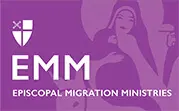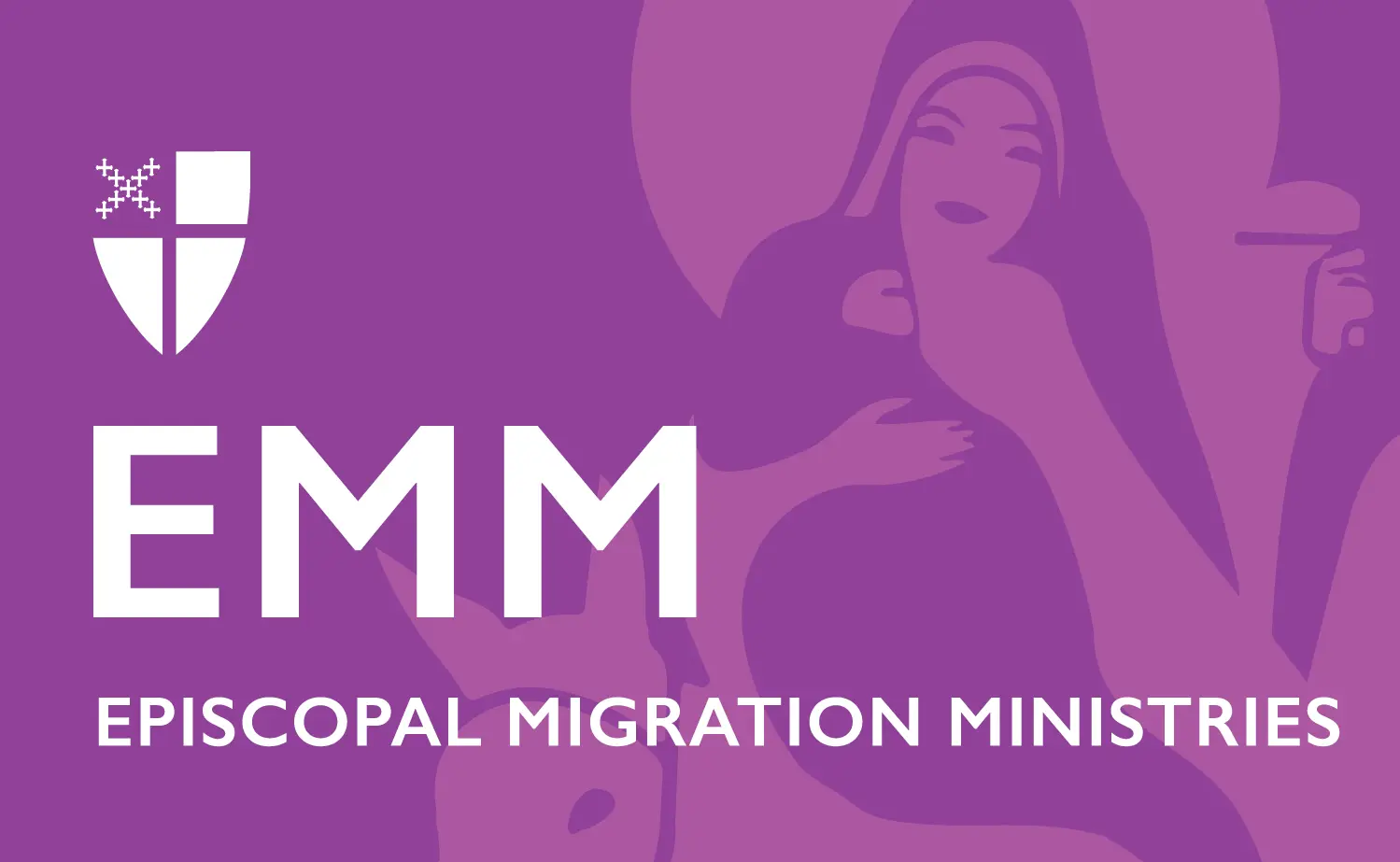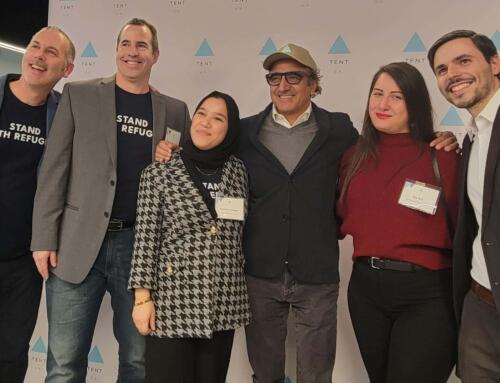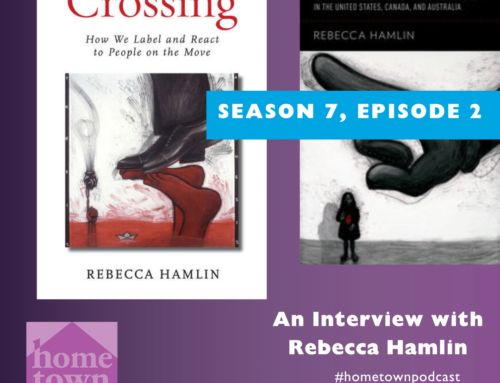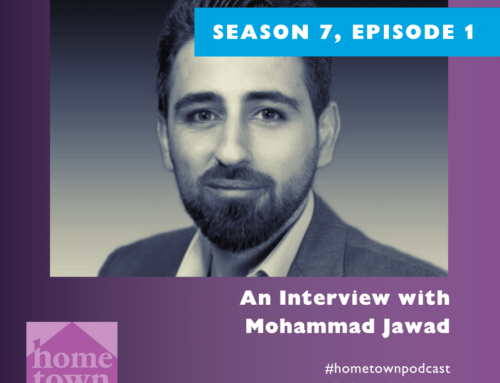What is the U.S. Refugee Admissions Program?
The United States Refugee Admissions Program, or USRAP, is a longstanding program that has resettled more than 3 million refugees to the U.S. since 1980. This program has decades-long successful track-record, longstanding bipartisan support, and a clear return on investment of taxpayer dollars.
Why does it matter?
Today, the world is facing the largest forced displacement crisis it has ever known: more than 70.8 million people have been forced to flee their homes, 25.9 million of whom are refugees. Half of all refugees are children. Every two seconds, one person is forcibly displaced, largely driven by war, violent conflict, extremist and terrorist groups, religious persecution, and political unrest.
We can’t forget who refugees are – they are the families, the children, and the most vulnerable among us who have lost everything. They have lost friends and families. They have lost their homes.
What unites us as Americans is our deep respect for hard work and a shared commitment to the country we call home. Refugees are seeking a new place to call home and that is what the refugee resettlement program offers – a new home and chance to build a safe and prosperous life.
Why should Christians care?
Welcoming the stranger and loving your neighbor as yourself are two of the most deeply held tenets of our faith. The Episcopal Church welcomes refugees because our faith calls us to the respect the dignity of every human being.
Six of the nine refugee resettlement agencies that partner with the federal government are faith-based because this is a core tent of many faith traditions. As Episcopalians, we are especially proud of Episcopal Migration Ministries and the welcome we are able to provide around the country.
Is it safe?
The refugee vetting program is the most thorough of all U.S. immigration programs and has been incredibly successful at keeping us safe. The refugee vetting process includes more than 20 steps and is conducted while refugees are still overseas by eight (8) different U.S. Federal Government Agencies using six (6) different security data bases, five (5) separate background checks, four (4) biometric security checks, three (3) separate in-person interviews, two (2) interagency security checks. Vetting can take two (2) years to complete.
What can I do to help?
- The Episcopal Church has many ways of reaching out to and supporting refugees. Episcopal Migration Ministries (EMM) leads The Episcopal Church’s efforts in resettling refugees, educating and connecting with congregations who wish to offer this type of ministry, and providing resources to support communities. EMM and its various partners ensure that resettled refugees receive critical resources to start a new life: a furnished apartment, language training, employment training, cultural orientation, medical services, and more. Once refugees arrive in their new communities, they become vibrant contributors who enhance our churches, schools, and local economies. Support EMM and its life-changing work, visit www.episcopalmigrationministries.org/give or text ‘EMM’ to 41444 (standard messaging and data may rates apply).
- Take action through The Episcopal Public Policy Network action alert here.
Episcopal Migration Ministries
Episcopal Migration Ministries (EMM), the refugee resettlement ministry of The Episcopal Church, is a living example of the Church’s commitment to be a presence of hope, comfort, and welcome to refugees. It is one of the nine national resettlement agencies, and an organization that lives into the Church’s call to welcome the stranger as Christ himself.
Each year, Episcopal Migration Ministries, through a network of 13 local organizations, provides a wide spectrum of services, including resettlement, employment, intensive medical and mental health services, and volunteer programs to enhance community navigation and integration, to thousands of refugees, asylees, and special immigrant visa holders.
These new Americans rely upon this assistance and support as they rebuild their lives in security and peace in communities across the United States. In addition to Episcopal Migration Ministries’ collaboration with local partner organizations, EMM staff members equip, support, and empower dioceses, congregations, and individuals to learn about and find their own place in the welcoming ministry of refugee resettlement.
Additional information, videos, and resources about The Episcopal Church’s refugee resettlement work through Episcopal Migration Ministries may be found at www.episcopalmigrationministries.org.
